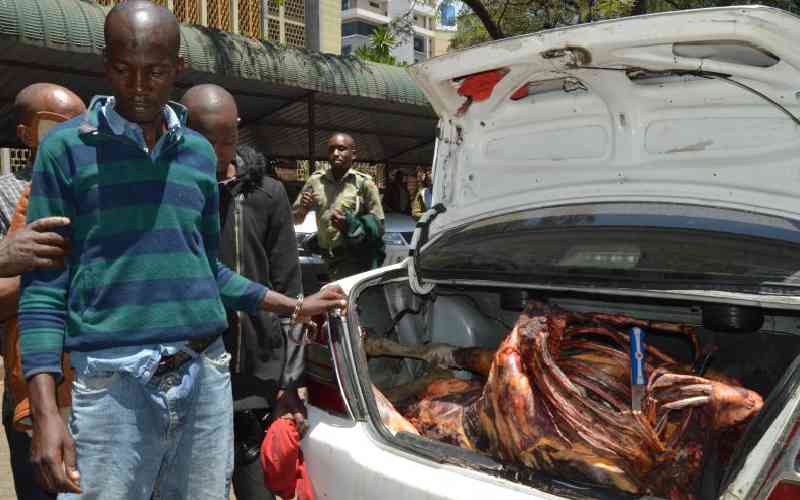×
The Standard e-Paper
Home To Bold Columnists

The Kenya Veterinary Board (KVB) has identified informal settlements as the main consumers of uninspected meat in the country.
The board noted that those living in the humble settlements in Nairobi, Nakuru and Kiambu are the most affected by the existential threat posed by this meat.